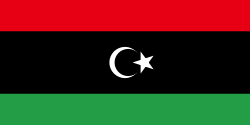Back
Does fasting help with jet lag?
Mar 6, 2025
Dr. Pavan Yadav, Lead Consultant - Interventional Pulmonology & Lung Transplantation, Aster RV Hospital
The idea that fasting can help with jet lag stems from the connection between circadian rhythms and metabolic cycles. While there is limited direct evidence, studies on circadian biology suggest that fasting may reset the body’s internal clock. The “Argonne Anti-Jet-Lag Diet”, developed in the 1980s, popularized this idea, claiming that fasting for 12-16 hours before and during a flight can minimize jet lag.
How does fasting help individuals to prevent jet lag?
Circadian Clock Reset: Our body has a secondary clock linked to metabolic activity. Fasting for an extended period (12-16 hours) can reset this clock. Once you eat at your destination, your body aligns to the local time zone more quickly
Reduction in Gastrointestinal Disruption: Flying disrupts digestion due to cabin pressure changes and dehydration. Fasting prevents these issues, allowing the body to focus on adapting to the time shift.
Minimizing Inflammation and Fatigue: Large meals during flights can cause bloating and fatigue. Fasting prevents postprandial (after-eating) sluggishness, which can exacerbate the feeling of jet lag.
Synchronization: Breaking the fast at your destination during the local breakfast hours helps synchronise your body’s hunger cues with the local time zone.
12Shares
0Comments
14Favorites
4Likes


































































































No content at this moment.